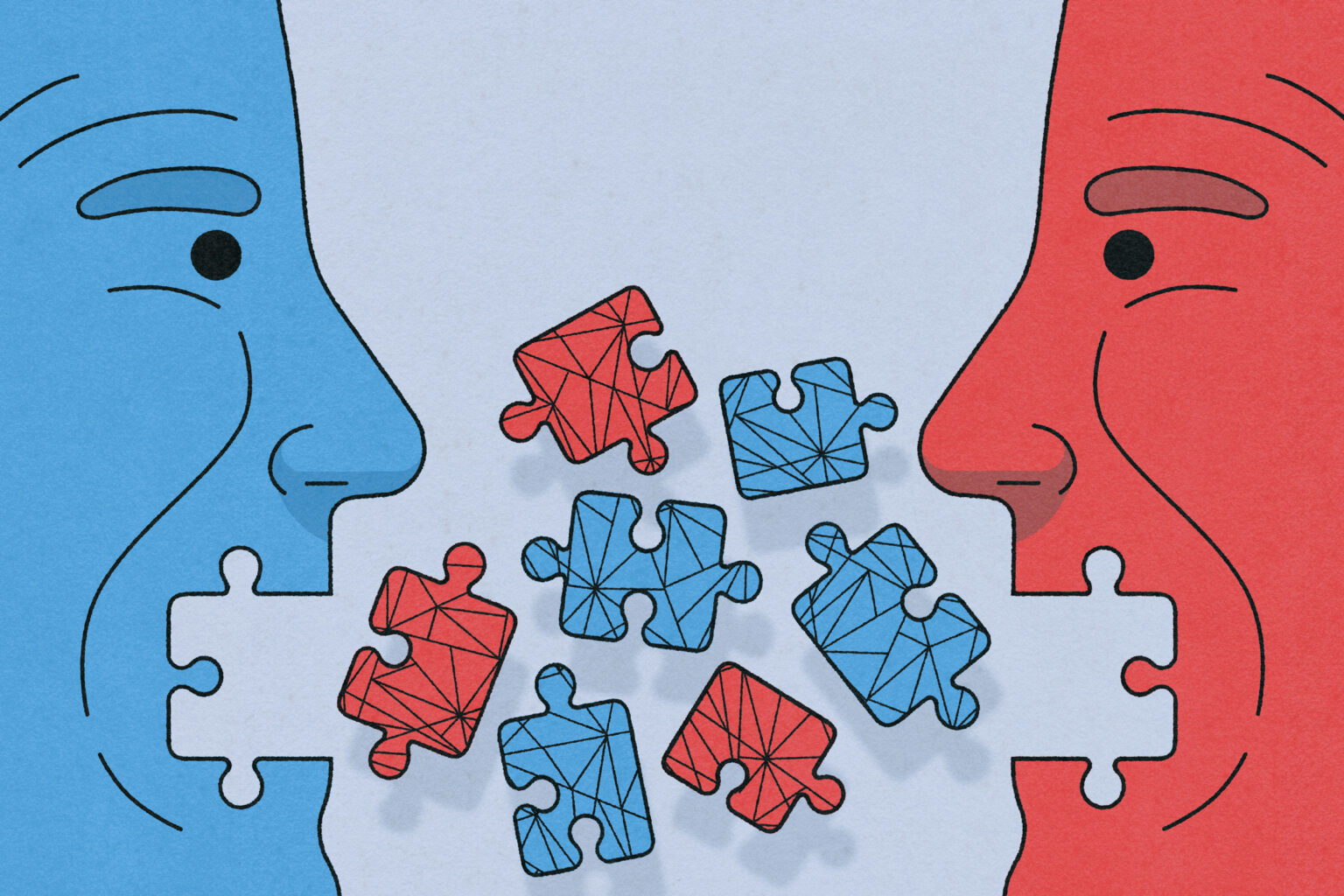In the 1990s and early 2000s, there was a promise that new communication technologies would strengthen democracy, undermine authoritarianism, and lead to human flourishing. However, today, many people would argue that the internet has not lived up to these expectations. Social media platforms tend to prioritize content based on engagement, leading to posts that provoke emotional responses rising to the top. Efforts to improve the health of online spaces have focused on content moderation, but this has not necessarily led to more productive conversations.
Tech companies have employed AI and human moderators to detect and remove harmful content such as hate speech and incitement to violence. While these efforts have been somewhat successful in reducing toxicity online, they have not necessarily promoted positive and constructive content. Yasmin Green, CEO of Google’s Jigsaw unit, notes that the internet is driving people further apart rather than bringing them together through healthy and productive conversations.
Jigsaw believes it has found a new way to address this issue. They have developed AI tools that can score posts based on the likelihood that they contain good content. These tools evaluate whether a post is nuanced, evidence-based, contains personal stories, or fosters human compassion. By assigning a numerical score to posts based on these virtues, platforms could potentially rank content in a new way, moving away from the current system where posts with the most likes and comments rise to the top.
This new approach could potentially shift the focus from divisive and emotionally charged content to more thoughtful and constructive discussions. By prioritizing posts that contain qualities such as nuance, evidence-based reasoning, and compassion, online spaces could become more conducive to healthy and productive conversations. This could lead to a more positive and inclusive online environment that promotes understanding and connection rather than division.
While the impact of these new AI tools remains to be seen, they represent a potential shift towards a more positive and constructive online experience. By reevaluating how content is ranked and prioritized on social media platforms, there is hope that the internet can become a space that fosters meaningful dialogue and connection rather than conflict and polarization. Ultimately, the goal is to create a more inclusive and understanding online community that promotes human flourishing and democracy.









